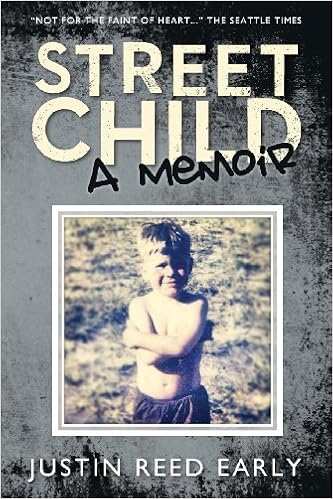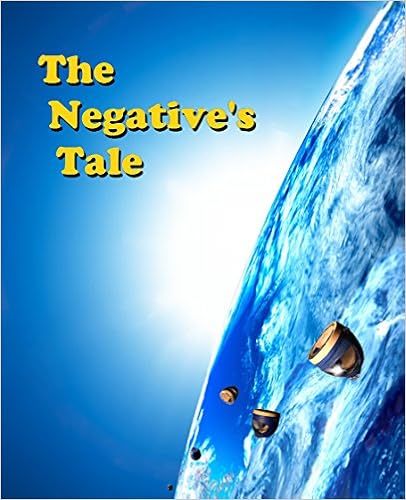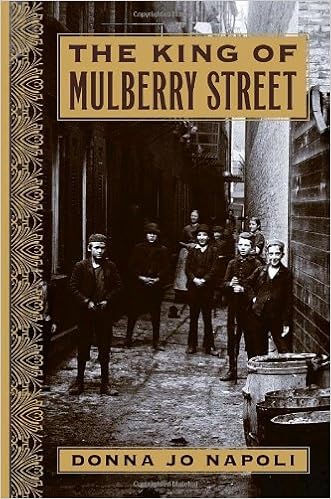 Subtitled: Not the Typical Missionary Tale
Subtitled: Not the Typical Missionary TaleLink to eBook Edition
I can relate to Chaz, because I was also a missionary's kid, spent time in Chiengmai, have frequented some of the same haunts and can practically taste the various foods as they're mentioned. But that's not why I'm giving this book five stars.
Chaz is 13 years old, lives with his parents and two sisters on the outskirts of Chiengmai at the foot of Doi Suthep, near the university. Many tourists and world travellers will know exactly where I'm talking about. It's the beginning of the summer holidays and they're expecting a team of young people on a mission trip from America.
So far, does this sound like a typical boring missionary tale?
That picture on the cover says otherwise. That's Chaz and his friend, Ashley holding the hands of Katya, the little girl in the middle, running down a street near the Night Bazaar. Chasing them is a European man who has bought the little girl's “services” for the night. On an impulse (maybe it was God's voice?) Chaz had grabbed the little girl and ran.
Not pictured on the front cover is the local Chinese Mafia warlord and his men who don't take lightly to their young prostitutes being snatched away like that.
Katya is a nine-year-old tribal girl. The book opens in the Karin village with her aunt and uncle warning her she must take the canoe and leave, and never come back. A little later, she finds out that the spirit doctor and the other villagers plan to sacrifice her to the Naga who lives in the river. That's the ornate snake-like dragon, whose head appears at the top of the front cover.
What exactly is a Naga? Is it mythological, or is it real? Is it a demonic power? Apparently, the creature will play a part in the story, but we'll have to wait for the sequel.
So, Katya fled to the next village, where a “nice man” offered to take her to the big city to get a job. Chaz and Ashley meet her on the first night of what would have been her new career.
For daring such a thing, the police tell Chaz that he's foolish, rash, and could have got himself and his family killed. But at least this particular policeman is cooperative – not like some I've heard of.
And Chaz's dad, Nick, is not your ordinary dad, even for a missionary. Does he scold Chaz for pulling such a stupid move? Does he ground him for a week, and drill some sense into him, like a responsible parent would have done?
Well?
What would David's dad have done had he known he was going out to fight Goliath? What about Jesus' parents when he stayed behind at the Temple? You get the idea. Nick's response was, “I don’t like how it all happened but I have to agree with Chaz. I think in this instance we did a good thing in helping the girl.”
But the Mafia people aren't happy, and there are consequences. They meet again...
A day or two before that, while sitting in an ice-cream shop, Nick had described to his three kids how to listen to the voice of God. Basically, it's to do with getting away from distractions and hearing “the still small inner voice of God.”
Chaz begins to get the idea. The plot moves onward on the strength of the “still small voice”. Once it leads to the decision to make a trip to Katya's village (which will happen in the sequel). Another time, it saves Chaz's life. To say how would be a spoiler.
There are other aspects to the story as well, for instance, the mission team that's visiting. On the team are various sorts, including Ashley, for whom Chaz develops a crush; and Brandon, the boy with the attitude, who's only on the trip because his parents promised to buy him a motorbike. Things get into a tangle.
Not all the loose ends are tied together. This is only the first in a trilogy. The sequel will be the trip to Katya's village, all because Katya believes that if Jesus is all-powerful, he can defeat the Naga.
I'm looking forward to it...










